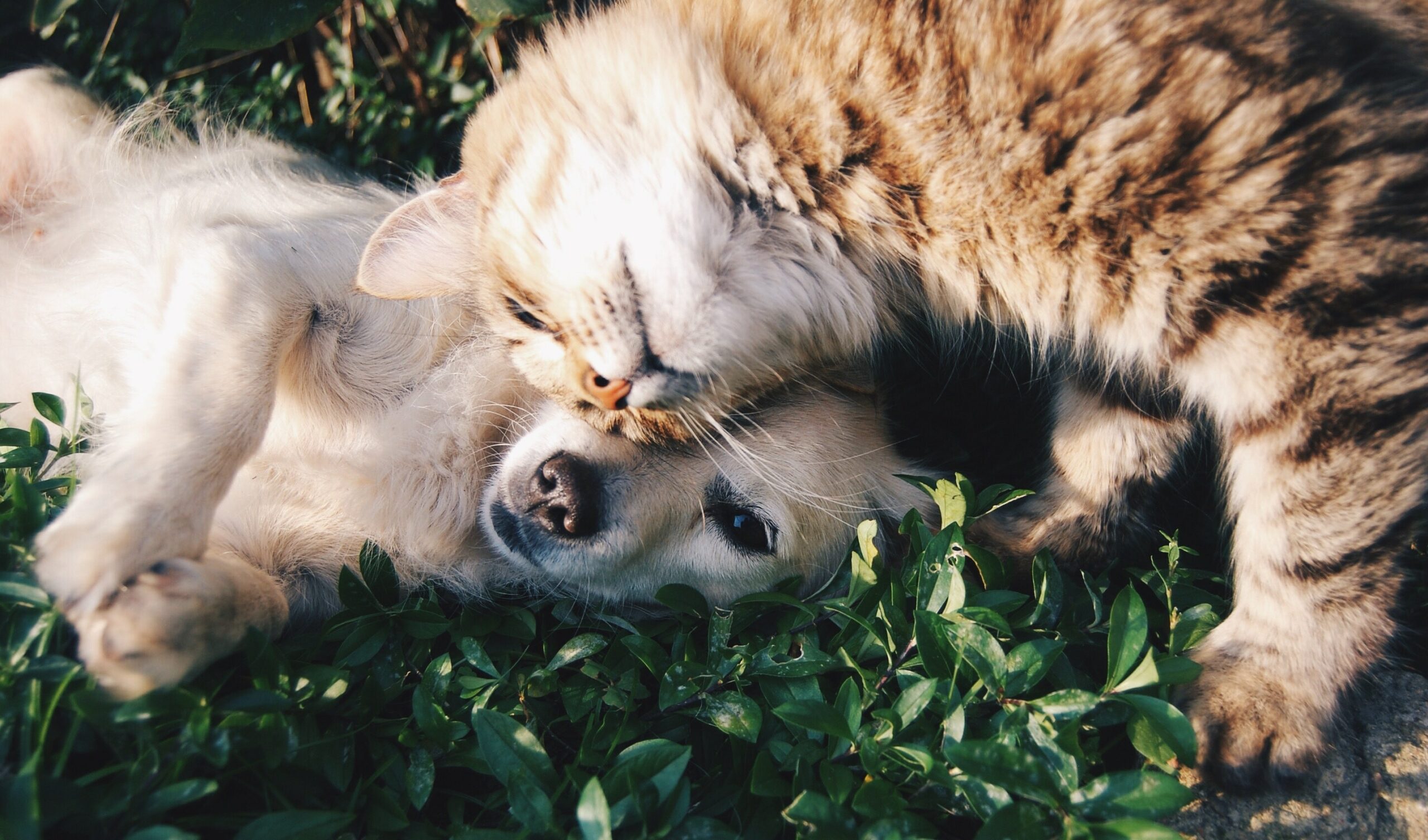March 29, 2019Author: Carl Schoenherr
March 29, 2019Author: Carl Schoenherr

Most people think about custody as it pertains to children in a divorce, but what happens when a couple has a pet?
Are pets treated the same as children, and does the court care about the best interest of the family pet? For many people, pets are part of their family, and the issue of who gets the family pet in a divorce can be especially important, challenging and emotional. Unfortunately, this area of law can be particularly ambiguous when it comes to Virginia law, but I’ll “shed” some light on that in this blog.
According to Virginia law, pets are personal property, and just like any other personal property, they are subject to division by the court in a divorce case under Section 20-107.3 of the Virginia Code. This section of the code focuses on equitable distribution – the process the courts use to identify and determine the value of assets and liabilities, determine which of those are considered marital vs. separate, and then divide these according to a series of factors (having to do with the marriage, acquisition, and care of the property).
Inherent in this process are a couple of takeaways for those who are concerned about the custody of the family pet.
First, the best way to ensure you get a pet in a divorce is to prove that he/she is your separate property. . If you can prove the pet was purchased, or adopted, by you prior to the marriage without any funds from the other party, then the presumption would be that you get to keep the pet. The other party would need to prove that they acquired an interest in the pet over the course of the marriage by significantly increasing the pet’s value through his/her own efforts. Note that the courts are looking at the value to the general public, not value to an owner, so this increase can be difficult to prove
If the court determines that a pet is marital property, then the court uses the factors contained in the code to divide the property. Some examples of things a court may look at include:
Furthermore, the factors include a catch all, which provides sufficient leeway for additional arguments about where the pet should reside, which could potentially include the “best interests” of the pet. Tailoring your evidence in a case to support the factors above, such as evidence as to who cared more for the pet, who spent more time with the pet, etc., will increase your chances of a court awarding you the pet in a divorce. A court may order the pet and any value assigned to you outright, or award you the pet, but order you to pay a portion of its assigned value to the other spouse.
For many parties, the process of using the courts to decide whose “property” the pet is can seem cold and unfair. This is especially true when the court assigns a dollar value to the pet that can never measure up to the sentimental value you place on him/her. However, you have an alternative to using the courts. Because the law considers pets “property,” a court will not set aside any agreement regarding the pet, unless the agreement is unenforceable as a contract. Once you have an agreement regarding the pet, that agreement can be incorporated into and enforced by the court as part of the final order.
If you need assistance reaching an agreement, be sure you are working with a knowledgeable family law attorney who can counsel you on all of your options, such as mediation or other dispute resolution techniques. The experienced attorneys at Curran Moher Weis are here to help you through that process and other complex aspects of a divorce and property division. Contact us for a consultation here.